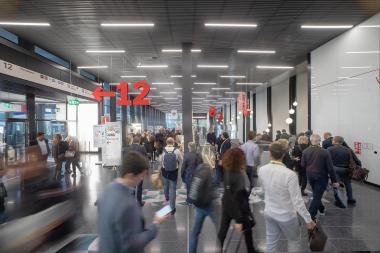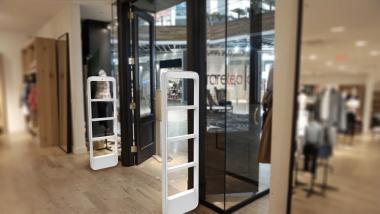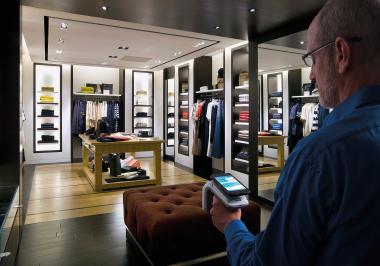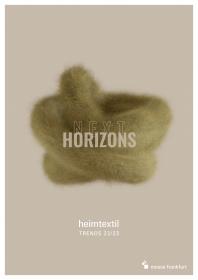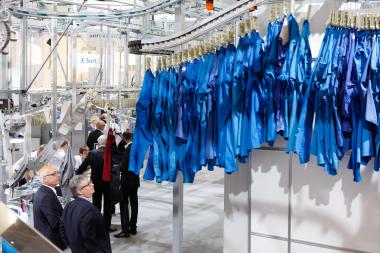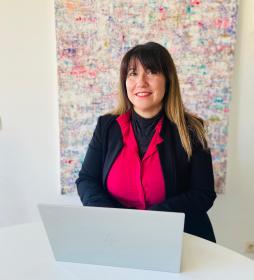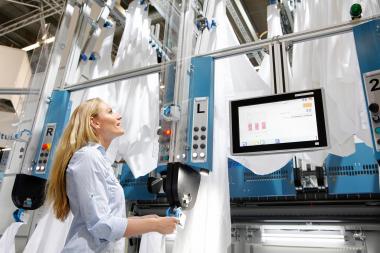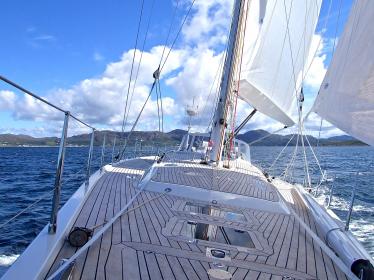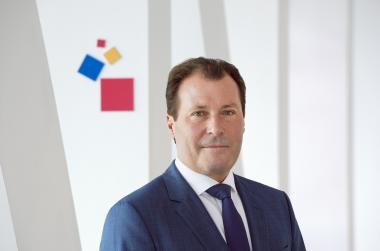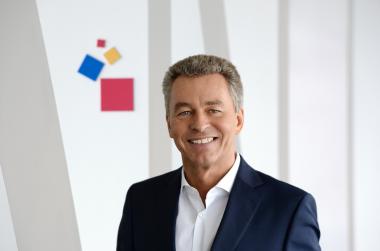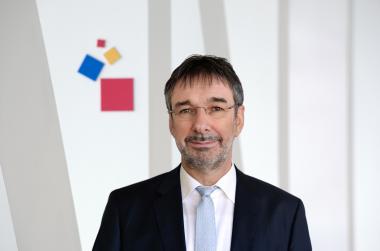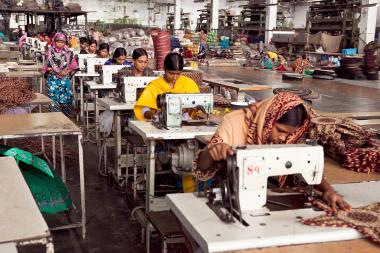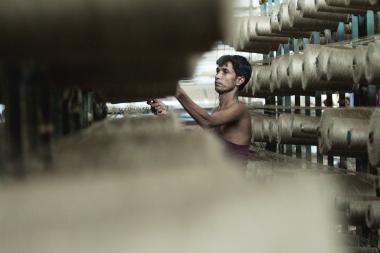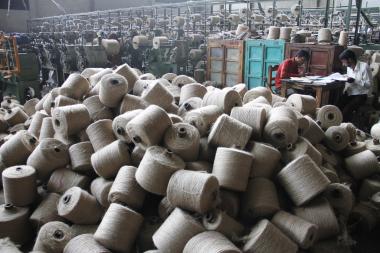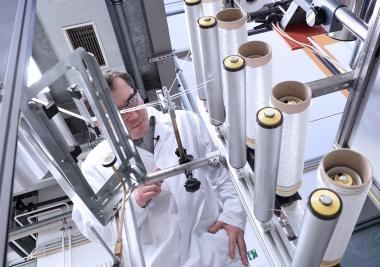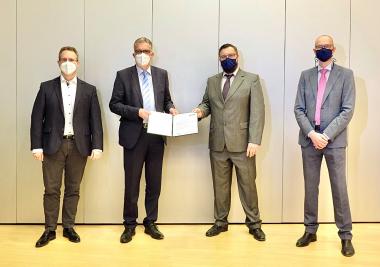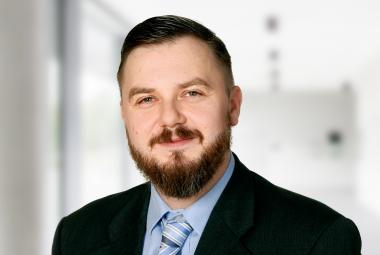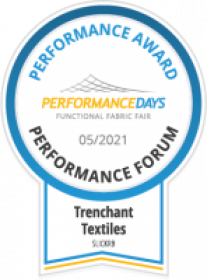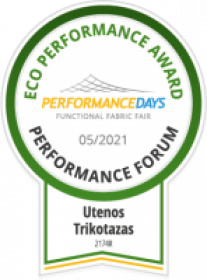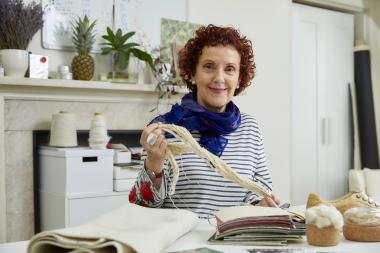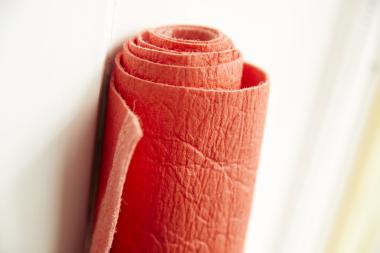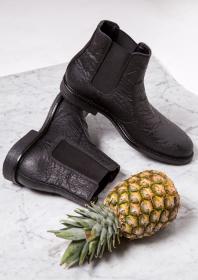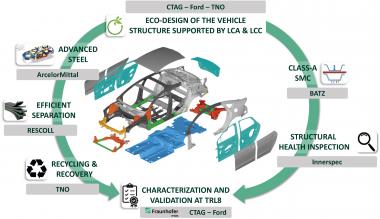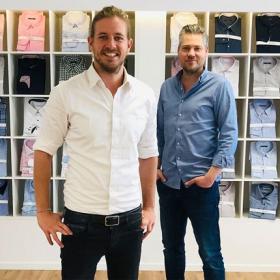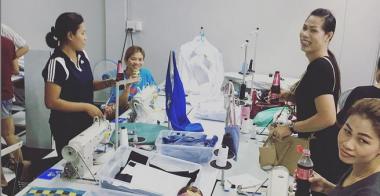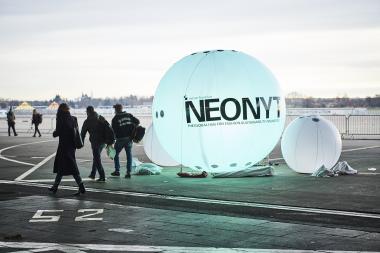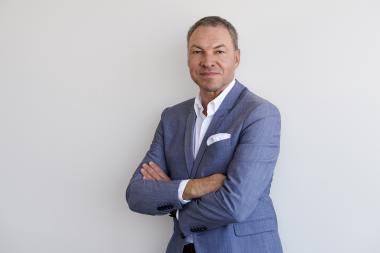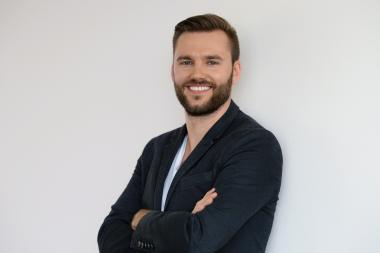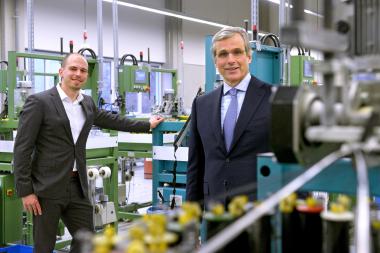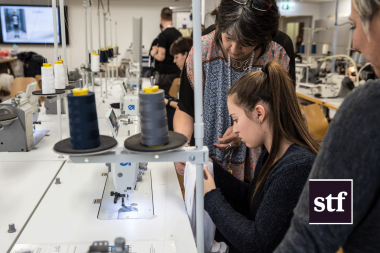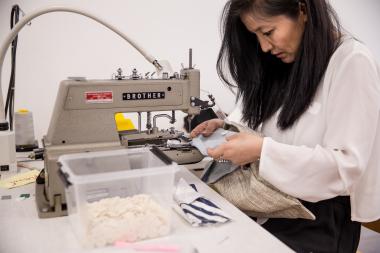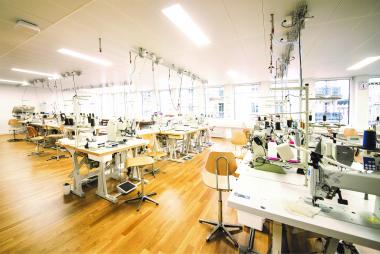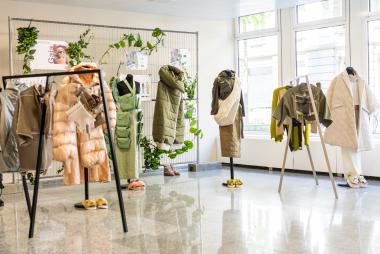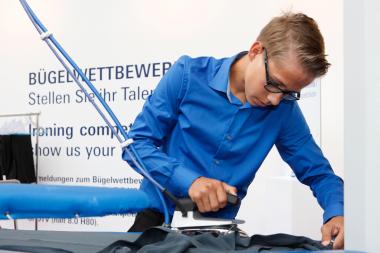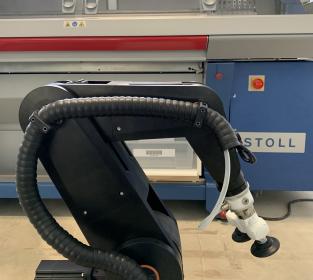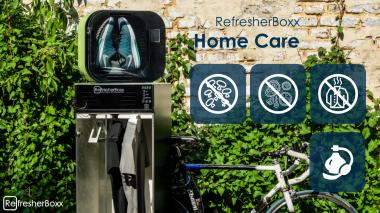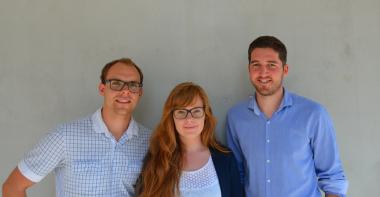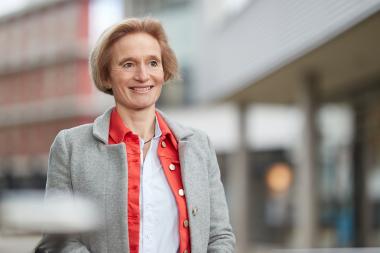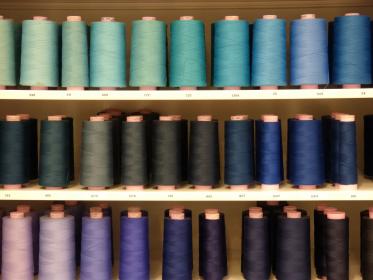Heimtextil 2022: International Reunion eagerly awaited
Meeting business partners, discovering new products and gaining inspiration – all will be possible again when Heimtextil 2022 opens its doors in Frankfurt am Main from 11 to 14 January. With registrations from around 1,600 exhibitors from 50 countries, the Trade Fair for Home and Contract Textiles anticipates a highly promising return to the international stage. The Heimtextil Team has begun the decisive preparatory phase for this international meeting place for the sector with great commitment and enthusiasm.
“With four months still to go, there has been a tremendous response to Heimtextil 2022, especially from the international side. The yearning for personal encounters and the chance to examine the latest products in reality is greater than ever before. We are looking forward very much to welcoming the sector back to our fair and exhibition centre and have complete confidence that Heimtextil 2022 will be a safe and successful event for all concerned”, says Olaf Schmidt, Vice President Textiles & Textile Technologies, Messe Frankfurt.
Trendsetting themes and a multifaceted product spectrum
In addition to the extensive spectrum of products to be seen, Heimtextil 2022 will offer inspiration and an attractive range of information services and events to help visitors discover the latest market developments in the sector. In particular, the presentation of the Heimtextil Trends provides in-depth insights into tomorrow’s furnishing themes. Also at Heimtextil, Interior.Architecture.Hospitality will spotlight offers for (interior) architects and hospitality experts. Moreover, particular emphasis will be given to the on-trend subject of healthy sleep, including numerous advisory services and products for the specialist bed trade. In this connection, the Heimtextil Sleep & More Conference will be a meeting place for representatives of the specialist bed trade with a high-grade programme of lectures, discussions and product presentations to choose from. Another important focal point at Heimtextil 2022 will be far‑reaching aspects for greater sustainability. Naturally, detailed information will also be available about this topic. Other highlights include presentations by Trevira and DecoTeam.
Digital services to supplement the trade fair
The range of products and information at Heimtextil 2022 will be rounded off by a blend of digital services. For example, the complete spectrum of Heimtextil Trends will be available for the first time in digital form – richly illustrated and visualised with the latest colours, designer features and short films. The Future Materials Library is also online with a first-class selection of sustainable material innovations. Also in planning are videos on demand about many of the items on the programme and tours of the fair via audio guides.
Another digital service provided by Messe Frankfurt is the order and data-management portal Nextrade, which offers a digital 24/7 business relationship between dealers and suppliers. The first digital B2B marketplace for the home and living, Nextrade brings together the demand and supply sides of the whole sector online and thus generates substantial value added for both sides.
Messe Frankfurt Messe Frankfurt Exhibition GmbH Heimtextil trade fairs Home textiles
Messe Frankfurt GmbH



